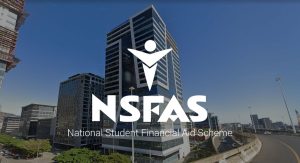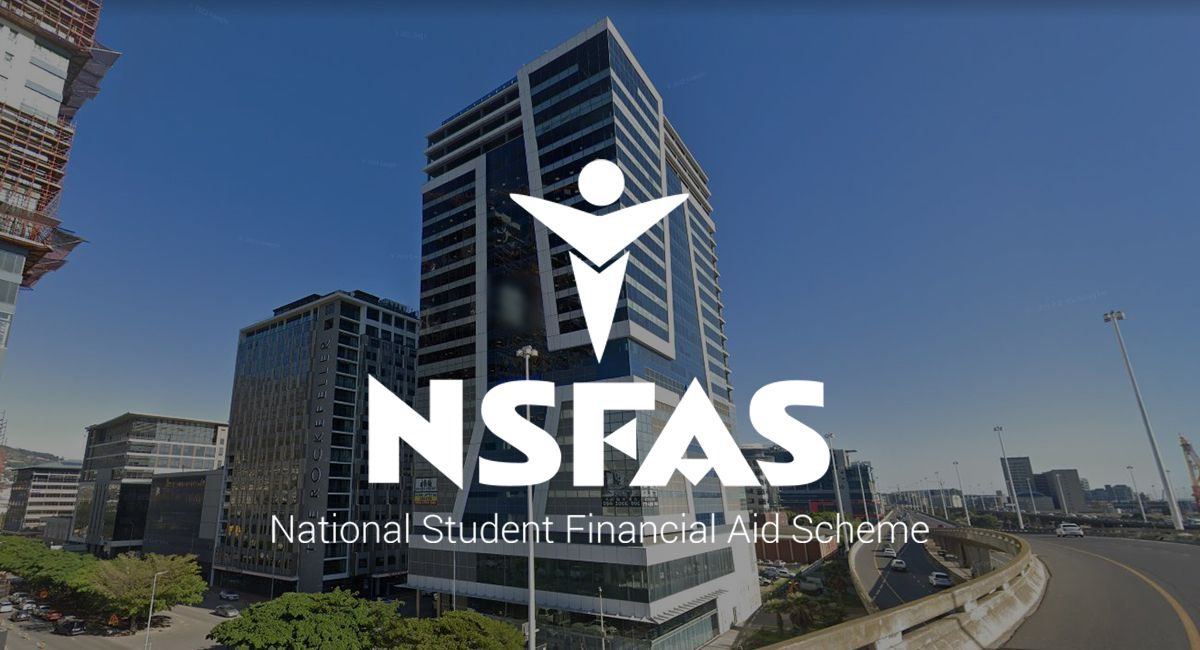
NSFAS Bursaries for University Students: A Complete 2025 Guide
The National Student Financial Aid Scheme (NSFAS) provides crucial financial assistance to South African students who cannot afford higher education. By covering costs such as tuition, accommodation, and study materials, NSFAS bursaries remove key barriers to university access and success.
This guide explains everything you need to know about NSFAS bursaries for university students—eligibility, how to apply, benefits, and maintaining your funding.
1. What Is an NSFAS Bursary?
An NSFAS bursary is a government-funded financial aid package awarded to eligible students enrolled at public universities. Its main purpose is to reduce financial hardship and promote equal access to tertiary education.
Key Features:
-
Full tuition coverage at public universities.
-
Accommodation funding (on-campus or allowance for off-campus housing).
-
Book and learning material allowance for academic resources.
-
Meal and transport allowances, depending on your living situation.
-
Additional support for students with disabilities.
2. Who Qualifies for an NSFAS Bursary?
To receive funding, applicants must meet the following criteria:
A. Citizenship
-
Must be a South African citizen with a valid ID.
B. Financial Need
-
Combined annual household income must be R350,000 or less.
-
For students with disabilities, the threshold is R600,000.
C. Academic Status
-
Must be accepted or registered at a public university for an undergraduate qualification.
-
NSFAS does not fund postgraduate degrees, except select programs like the PGCE.
D. First-Time and Returning Students
-
Available to first-time entrants and continuing students, provided academic progress is maintained.
E. SASSA Beneficiaries
-
Students receiving SASSA grants automatically qualify for NSFAS funding.
3. How to Apply for an NSFAS Bursary
A. When to Apply
Applications usually open in September and close in November for funding in the following academic year. For 2025, stay updated through the official NSFAS website.
B. Application Steps
-
Visit www.nsfas.org.za.
-
Create a myNSFAS account using your ID number, email, and cellphone number.
-
Log in and complete the online application form.
-
Upload required documents (see below).
-
Submit your application before the closing date.
-
Save your reference number for tracking and inquiries.
C. Documents You’ll Need
Ensure all documents are clear, certified, and current:
-
South African ID (or birth certificate).
-
Proof of household income (payslips, affidavits, or SASSA letter).
-
Academic records or matric certificate.
-
Medical certificate (for students with disabilities).
4. What Happens After You Apply?
Once submitted, NSFAS will:
-
Verify your documents and household income.
-
Assess your academic and registration details.
-
Contact you via SMS or email with the outcome.
Possible Outcomes:
-
Approved – Full or partial funding granted.
-
Provisionally approved – Awaiting additional documents.
-
Rejected – You may submit an appeal if you believe the decision was incorrect.
5. How to Keep Your NSFAS Funding
After receiving your bursary, you must meet academic requirements to retain it:
-
Pass at least 50% of your registered modules each year.
-
Meet your institution’s minimum performance criteria.
-
If you fail to meet these standards, your funding may be suspended, though appeals are possible.
6. Special Support for Students with Disabilities
NSFAS provides enhanced support for students living with disabilities, including:
-
A higher income threshold for eligibility.
-
Extra allowances for assistive devices and support services.
-
Requirement to submit a medical or disability assessment report.
7. Why Apply? Key Benefits of NSFAS Bursaries
-
Access to university for students who may otherwise not afford it.
-
Covers major educational costs, reducing financial stress.
-
Improves focus and success, allowing students to engage fully with academic life.
-
Support for development, including allowances for transport and study materials.
8. Frequently Asked Questions (FAQs)
A. Can I apply if I’m already studying?
Yes. Returning students can apply, as long as they meet the required academic performance standards.
B. Does NSFAS fund postgraduate studies?
No, except for specific programs like the Postgraduate Certificate in Education (PGCE) and some postgraduate diplomas.
C. What if my application is denied?
You can submit an appeal through your myNSFAS account, with additional supporting documentation.
Conclusion
NSFAS bursaries play a vital role in ensuring that financial limitations do not prevent capable students from achieving their academic goals. By understanding the criteria and steps outlined above, you can take the necessary actions to secure funding and focus on building a brighter future.
Ready to Apply?
Don’t delay—start preparing now and take advantage of this life-changing opportunity.
🔗 Visit: www.nsfas.org.za
📞 Helpline: 0800 067 327
📧 Email: [email protected]

